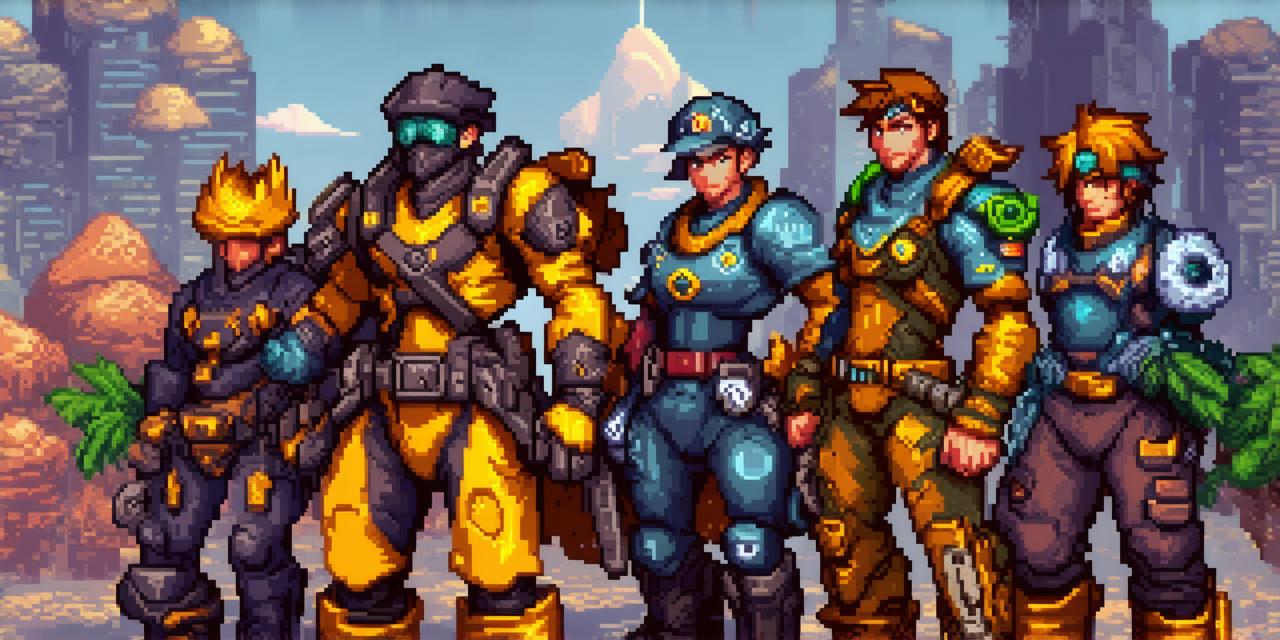When it comes to game development, Unity is often considered one of the most versatile engines out there. With its wide range of features and capabilities, it’s no wonder that many developers choose to use Unity for their projects. However, some people are skeptical about whether Unity is suitable for 2D game development. In this article, we will explore the pros and cons of using Unity for 2D game development and help you decide whether it’s the right choice for your project.
Pros of Using Unity for 2D Game Development
1. Wide Range of Features: Unity comes with a wide range of features that make it suitable for both 2D and 3D game development. This includes support for physics, animation, audio, and much more. With these features, you can create complex and engaging games without having to rely on external plugins or tools.
2. Cross-Platform Development: Unity supports multiple platforms, including Windows, macOS, iOS, Android, and consoles like the PlayStation 4 and Xbox One. This means that you can develop your game once and deploy it across multiple devices and platforms with ease.
3. Large Community: Unity has a large and active community of developers who contribute to its growth and development. This community provides valuable resources, such as plugins, tools, and forums, that can help you overcome any challenges you may face during development.
4. Easy Learning Curve: Unity has a relatively easy learning curve, making it accessible to developers of all skill levels. With its intuitive interface and extensive documentation, you can get started with Unity in no time.

Cons of Using Unity for 2D Game Development
1. Performance Issues: While Unity is a powerful engine, it can sometimes struggle with performance when dealing with complex or large-scale 2D games. This is because Unity was originally designed for 3D game development and may not be optimized for 2D games.
2. Steep Learning Curve for Advanced Features: While Unity has a relatively easy learning curve, some of its advanced features can be quite challenging to master. For example, implementing physics in Unity requires a good understanding of physics concepts, which can be difficult for beginners.
3. Limited Support for Non-Rectangular Shapes: Unity’s support for non-rectangular shapes is limited compared to other engines like Adobe Animate or Toon Boom Harmony. This can make it more challenging to create complex and dynamic 2D scenes.
4. High Cost: While Unity is free to use, some of its advanced features and tools require a paid subscription. This can be a disadvantage for small developers or indie studios who may not have the budget to invest in these features.
Conclusion
In conclusion, while Unity is suitable for 2D game development, it does come with some limitations and challenges. If you’re a beginner or working on a smaller-scale project, Unity may be the right choice for you. However, if you’re working on a complex or large-scale 2D game that requires advanced features and tools, you may want to consider alternative engines like Adobe Animate or Toon Boom Harmony. Ultimately, the decision depends on your specific needs and requirements.


